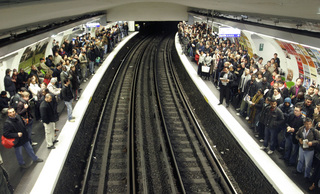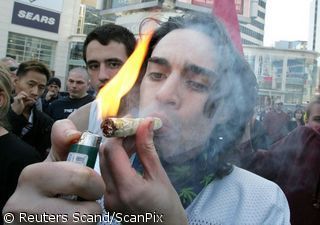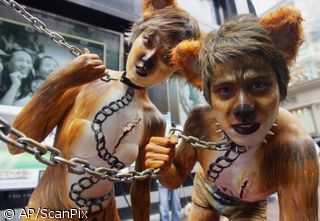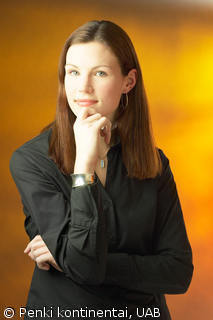Years after they were dispossessed under Saddam Hussein, Kurds are taking what they say is rightfully theirs, evicting Iraqi Arabs and seizing their homes in northern Iraq
Published:
18 April 2003 y., Friday
"We're homeless," complained Sadi Qader Muhammad, whose family was ordered out of their four-room house by a group of Kurds in this largely Kurdish city.
The new Kurdish occupants took over the house in the days of confusion immediately after the April 10 collapse of Baghdad's authority in Kirkuk. They claim the land was theirs before Saddam evicted them in the 1980s.
"It was our land," said Khader Rashid Rahim, a trader who plans to move his wife and seven children to this house. "Years ago, three of my brothers were killed by Saddam's government. They took all of our property and forcibly moved us away."
Of all the legacies of Saddam's years of rule, none might be quite so difficult and explosive as his removal of ethnic minorities from oil-rich areas. Years ago, Saddam intensified a long-standing Baghdad policy of Arabization by evicting thousands of Kurds living in the northern cities of Kirkuk and Mosul and handing their property over to Arabs from other parts of Iraq.
An estimated 400,000 Kurds were displaced from Kirkuk. Many ended up in refugee camps and dedicated their lives to retrieving their lost property.
Kurds have long vowed to return to their lost lands and homes once Kirkuk was freed. Kurdish leaders have sought to assure the United States and Arab countries that the process of return will be a lawful one.
Šaltinis:
foxnews.com
Copying, publishing, announcing any information from the News.lt portal without written permission of News.lt editorial office is prohibited.
The most popular articles
 75 years after Moscow first opened its underground train system, Muscovites can ride a restored vintage train.
more »
75 years after Moscow first opened its underground train system, Muscovites can ride a restored vintage train.
more »
 A glacier melt threatens to cause massive flooding and destroy a centuries old monastic fortress in the remote country of Bhutan.
more »
A glacier melt threatens to cause massive flooding and destroy a centuries old monastic fortress in the remote country of Bhutan.
more »
 What do countries as geographically diverse as Saudi Arabia, Uganda and Jamaica have in common? All of them criminalised homosexuality.
more »
What do countries as geographically diverse as Saudi Arabia, Uganda and Jamaica have in common? All of them criminalised homosexuality.
more »
 Human rights is a key issue for the European Parliament and MEPs Monday took a first look at what the European Union did last year, when they discussed the EU annual report on human rights in the world.
more »
Human rights is a key issue for the European Parliament and MEPs Monday took a first look at what the European Union did last year, when they discussed the EU annual report on human rights in the world.
more »
 Researchers found high levels of mecury in a Japenese dolphin-hunting town, but say the mecury has no ill effects.
more »
Researchers found high levels of mecury in a Japenese dolphin-hunting town, but say the mecury has no ill effects.
more »
 Crowds of Mexicans marched peacefully through the capital city on Saturday demanding the legalisation of marijuana.
more »
Crowds of Mexicans marched peacefully through the capital city on Saturday demanding the legalisation of marijuana.
more »
 Prisoners are reported to have dramatic improvements in behaviour after pets are introduced in a new scheme.
more »
Prisoners are reported to have dramatic improvements in behaviour after pets are introduced in a new scheme.
more »
 Israeli Ultra-Orthodox MPs are lining up against activists proposing a total ban on furs, saying traditional fur hats are an important part of their religious tradition.
more »
Israeli Ultra-Orthodox MPs are lining up against activists proposing a total ban on furs, saying traditional fur hats are an important part of their religious tradition.
more »
 EU Member States should organise social protection, including at least 14 weeks' maternity allowance, for self-employed women and self-employed men's wives or life partners, in accordance with national laws, said the Women's Rights Committee on Tuesday.
more »
EU Member States should organise social protection, including at least 14 weeks' maternity allowance, for self-employed women and self-employed men's wives or life partners, in accordance with national laws, said the Women's Rights Committee on Tuesday.
more »
 How are the European Parliament, the European Commission and other parts of the European Union supposed to interest people and explain their work?
more »
How are the European Parliament, the European Commission and other parts of the European Union supposed to interest people and explain their work?
more »